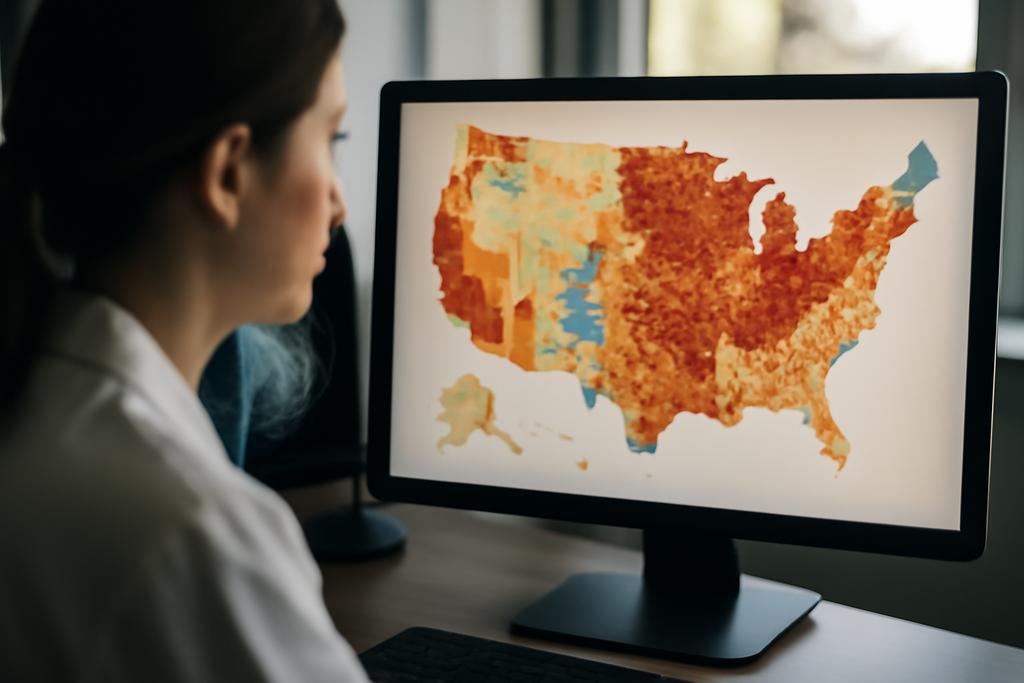Imagine a bustling city, where the hum of activity masks the subtle flaws in its infrastructure. To assess the city’s overall health, you wouldn’t just inspect individual buildings; you’d look at traffic flow, resource distribution, and overall efficiency. A new benchmarking scheme for quantum computers, developed by researchers at the Max Planck Institute of Quantum Optics and the University of Padua, uses a similar approach, averaging the results of subtly varied computations to reveal the underlying quality of the quantum device.
The Challenge of Benchmarking Quantum Computers
Quantum computers, those mind-bending machines poised to revolutionize computation, are notoriously difficult to test. While we can check the accuracy of individual operations (quantum gates), assessing the quality of a complete computation—especially for complex tasks where the desired outcome isn’t known beforehand—is a significant hurdle. Current methods often simplify the problem by focusing on smaller, classically simulable circuits, but this might miss crucial information about noise patterns inherent to the full computation.
Averaging Computations: A Clever Workaround
The researchers’ innovative solution lies in averaging computations. They slightly modify the target computation – think of it as introducing tiny variations in the “city’s infrastructure” – while preserving the underlying structure and complexity of the quantum circuit. These variations are carefully chosen so that averaging the results produces correlation functions that are efficiently computable using classical computers. This cleverly sidesteps the need for directly simulating the computationally expensive quantum circuits. While individual modified computations might be just as challenging to simulate classically as the original, their average yields a tractable result.
Space-Time Channels: Harnessing Symmetry
The key to making this approach work is the use of “space-time channels.” These are special types of quantum channels (mathematical objects describing the evolution of quantum systems) that exhibit specific symmetries. These symmetries simplify calculations and allow for efficient classical computation of the averaged correlation functions. The researchers present several techniques for generating these space-time channels, using ingenious modifications of two-qubit gates. One technique involves randomly replacing each gate with one of several variants, like shuffling slightly different cards within a deck, maintaining the deck’s structure but altering its individual contents.
Detecting Noise Beyond Standard Methods
The beauty of this new benchmark is its ability to detect noise that might escape standard techniques. The researchers show that their scheme is sensitive to certain coherent errors—systematic errors stemming from imperfections in the quantum gates—that standard benchmarking protocols might miss. This is like detecting subtle infrastructure issues in the city that don’t show up in individual building inspections but emerge when analyzing overall city performance. Their numerical simulations illustrate the power of the approach, showing how the averaged expectation values shift noticeably even with small errors, indicating sensitivity to noise often hidden from classical benchmarking protocols.
Practical Implications and Future Directions
The researchers demonstrate that estimating the averaged expectation values requires only a limited number of quantum computer runs. This is crucial for practical applications, as it keeps the experimental overhead manageable. Furthermore, the method provides a way to validate classical simulation algorithms for many-body quantum systems. By comparing the classically computed average with the experimental result, we can check the accuracy of the simulation method itself.
While the current approach is best suited for relatively shallow quantum circuits (typical of near-term quantum computers), the researchers envision extending the framework to analyze deeper computations. Exploring different types of correlation functions, such as out-of-time-ordered correlators (OTOCs), which are sensitive to quantum chaos, represents a fertile area for future research. This area of research is highly promising for understanding the increasingly complex quantum systems that will be used in upcoming generations of quantum computers.
The lead researchers on this study are Flavio Baccari, Pavel Kos, and Georgios Styliaris.










